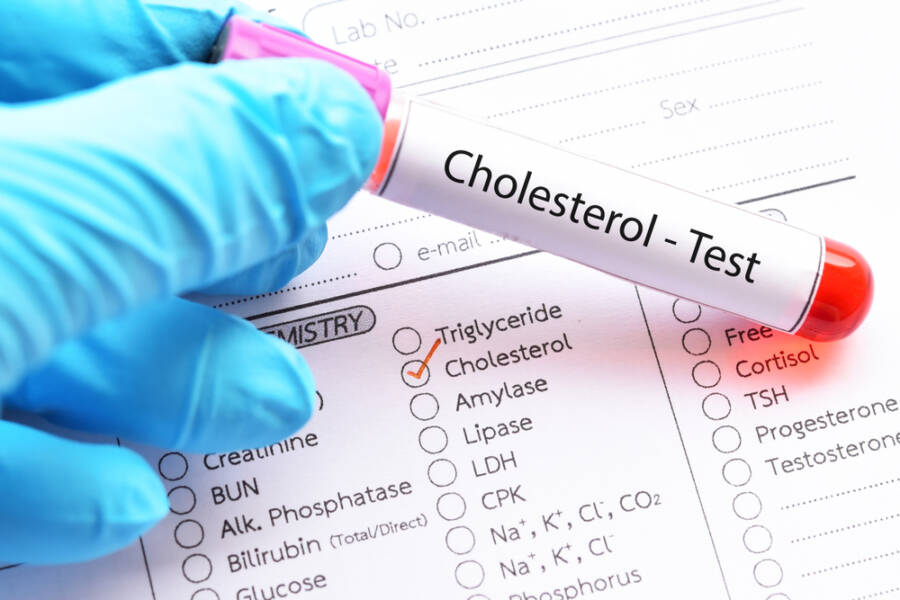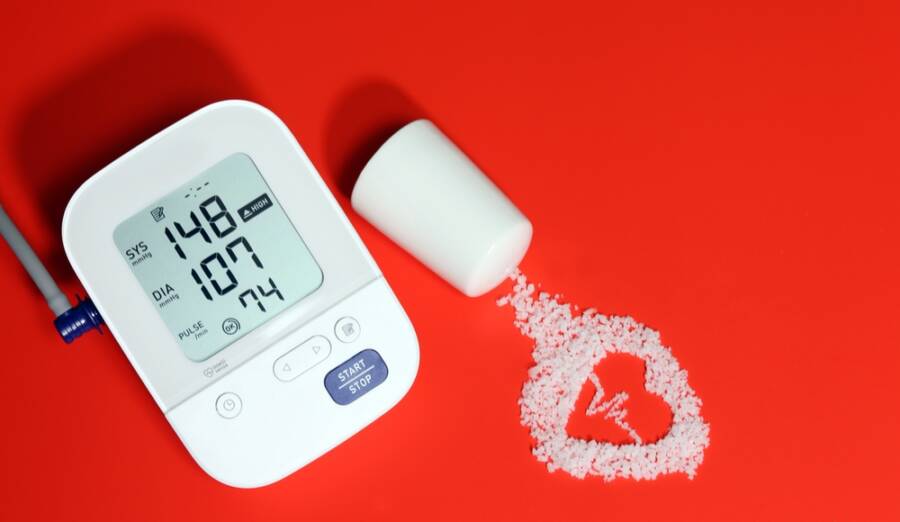Are You Getting Enough? Signs of a B12 Deficiency
One of the most challenging aspects of a Vitamin B12 deficiency is that its onset can be slow and the symptoms can be subtle. In older adults, these signs are often mistakenly dismissed as a normal part of aging, which can lead to a delayed diagnosis. Understanding what are the symptoms of B12 deficiency in older adults is the first step toward advocating for your own health.
If you are experiencing a combination of the following symptoms, especially while following a vegetarian diet, it is a clear signal to have a conversation with your healthcare provider.
Profound Fatigue and Weakness: This isn’t just feeling a little tired. This is a persistent lack of energy and feeling of weakness that doesn’t improve with rest. It’s often the first and most common sign, related to the body’s inability to make enough healthy red blood cells.
Pale or Jaundiced Skin: When red blood cells are fragile and break down easily, they release a pigment called bilirubin. A buildup of this pigment can give the skin and whites of the eyes a yellowish tint. Paleness can also occur due to the lack of healthy, red-hued blood cells.
Nerve-Related Sensations: This is a hallmark of a more advanced deficiency. You might feel strange sensations like numbness, pins and needles, or a persistent tingling in your hands, legs, or feet. This is a direct result of damage to the protective myelin sheath around your nerves.
Balance and Mobility Issues: A B12 deficiency can affect your nervous system to the point of impacting your balance and coordination. You might find yourself feeling unsteady on your feet, having difficulty walking in a straight line, or experiencing more frequent stumbles or falls.
Cognitive Changes: This is a particularly concerning symptom for seniors. A lack of B12 can manifest as memory loss, difficulty concentrating, confusion, or what many describe as “brain fog.” In severe cases, it can mimic the symptoms of dementia, but unlike dementia, it is often reversible with treatment.
Mood Swings: Vitamin B12 is involved in the synthesis of brain chemicals like serotonin and dopamine, which regulate mood. A deficiency can therefore lead to unexplained irritability, anxiety, or even depression.
A Sore, Glossy Tongue: You might notice that your tongue appears swollen, inflamed, and smooth, a condition known as glossitis. Small mouth ulcers can also appear. The tongue may look beefy and red.
Recognizing these symptoms and seeking a proper diagnosis through a simple blood test is crucial. The good news is that for most people, replenishing B12 levels can reverse many of these symptoms and restore your feeling of well-being.




















